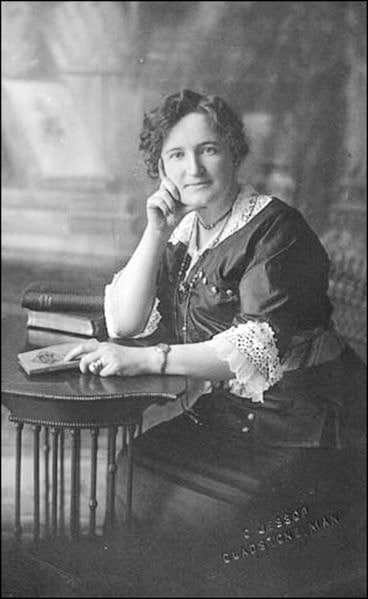From authors to artists to activists, Canadian women have been making waves for equality and social change. This Women’s History Month, let’s take a moment to take a look at just a few women who have made our country what it is today.
These women have fought through discrimination and hardships to advocate for their communities and create real, palpable change in Canada, but they are just a few drops in the oceans of change that swept Canada through the years.
Giving a voice to the voiceless and fighting for rights of the disenfranchised, here are four women to remember this Women’s History Month.
Mary Two-Axe Earley (1911- 1996)
An advocate for women, child and human rights, Mary Two- Axe Earley was a Kanien’kehá:ka Elder who was an early pioneer of the Canadian women’s rights movement.
Two-Axe Earley focused her efforts on Indigenous women’s rights, fighting against the gender discrimination in the Indian Act that stripped Indigenous women of their status if they married anyone that was not of status.
In 1967, she was involved with the Indian Rights for Indian Women, an advocacy group that fought against gendered colonialism.
Her work eventually led to the passing of Bill C-31 in 1985, which reinstated the rights that had been stripped by the Indian Act.
Mary Ann Shadd Cary (1823- 1893)
Shadd Cary was a black American-Canadian abolitionist, journalist, publisher, teacher and lawyer. Born to free parents in the slave state of Delaware, Shadd Cary grew up around activist parents and her childhood home was a safe house for runaway slaves.
Shadd Cary settled in modern-day Windsor, Ontario and took on a teaching position at a racially integrated school that the American Missionary Association supported. However, the group later pulled funding due to a disagreement she had with one of its benefactors about her opposition to segregated schools.
She became the first black female newspaper editor in North America for The Provincial Freeman in 1853. The paper was known for its outspokenness and recorded a history of black North Americans that might have otherwise gone unknown.
Senator Vivienne Poy (1941-present)
Born in British Hong Kong, Poy is an Asian-Canadian author, historian, philanthropist and fashion designer. She also served in the Senate of Canada from 1998 to 2012.
Apart from her artistic inclinations — which saw great success after she founded her own clothing label in 1998 — Poy was the first Canadian of Asian origin to be appointed to the Senate of Canada.
She was instrumental in the institution of Asian Heritage Month in Canada, which was implemented in May 2002. Poy continues to work closely with Asian Heritage Month Societies across Canada.

Nellie McClung (1873–1951)
An author, social activist, suffragette and politician, Nellie McClung was part of various social reform movements in Canada during the early 1900s. She was a believer in the temperance, which was a social movement that advocated against the consumption of alcohol.
She was a member of The Famous Five — along with Henrietta Edwards, Emily Murphy, Louise McKinney and Irene Parlby — who founded the Persons Case, which stated that women were eligible to sit in the Senate of Canada.
Though the Supreme Court of Canada initially ruled the opposite, The Famous Five won the case with a last resort appeal to the Judicial Committee of the Imperial Privy Council.
—
Tomilola Ojo | Culture Editor
Nellie McClung / Supplied | Flickr / Michael Kooiman
Leave a Reply